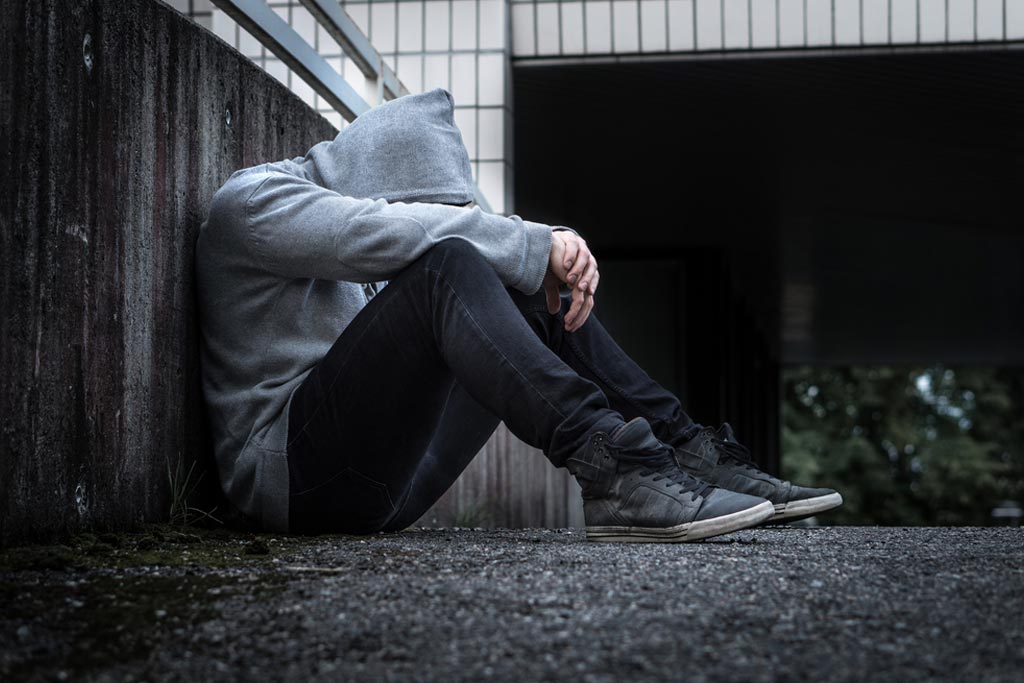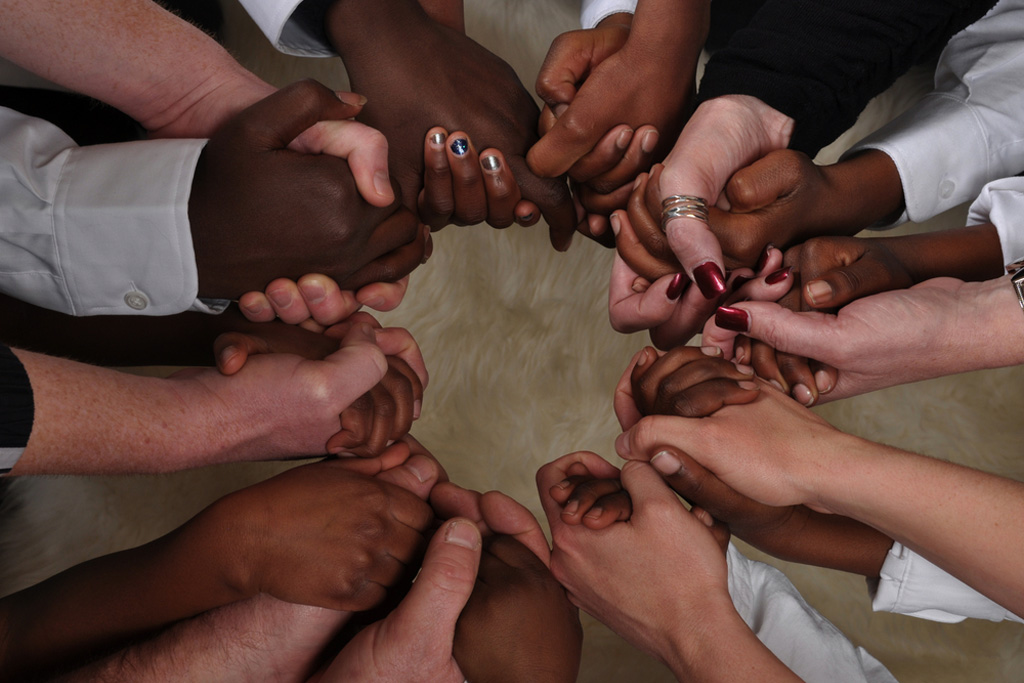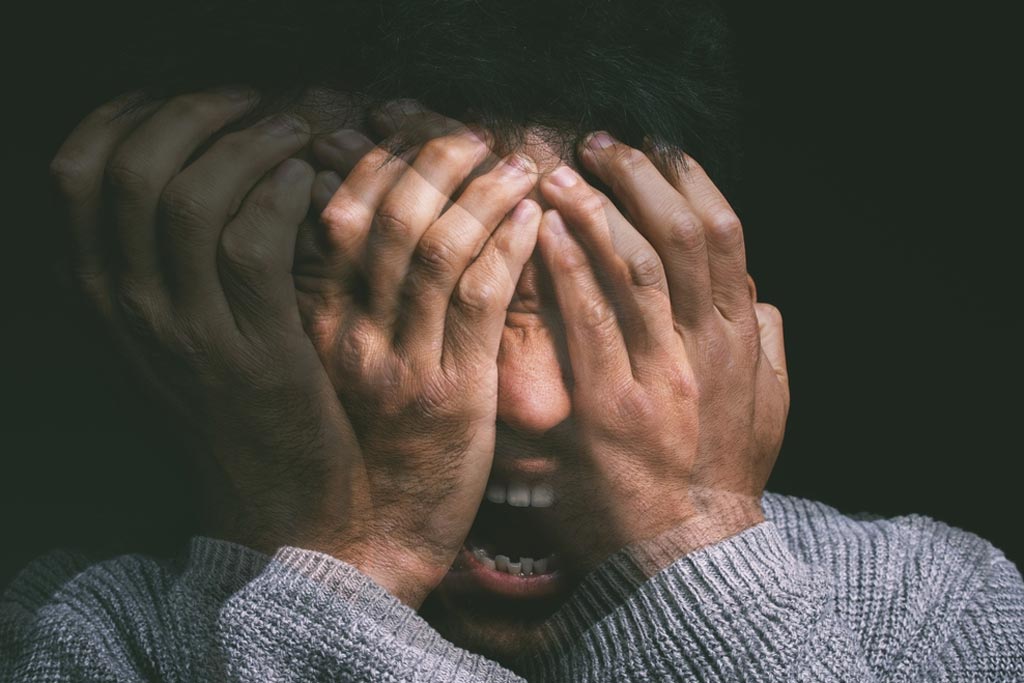An old tale from the Far East tells of a grieving woman who asked Buddha to bring her dead son back to life. Buddha told her that he would grant her request if she brought him a handful of mustard seed from a house in which none of the occupants had lost a parent, spouse, child or friend. The woman wondered from house to house, never finding a home without such loss, but discovering along the way that she was not alone in her grief.
Like the woman in the story, few of us do not know someone who has lost a loved one at some point in their lives. And while death is the most obvious source of pain, we also suffer grief from divorce, relocation, layoffs or estrangement from people we care for.
In this article we examine various causes of grief. It explains grief reactions and identifies traits that make us especially vulnerable to grief. You’ll also learn how to help someone else who is grieving, and how therapy can be helpful when people suffer a loss.
Although death is the most common source of grief, there are many other kinds of losses that can trigger a grief reaction. Divorce or marital separation, relocation, news of a fatal illness, loss of physical or mental ability due to accident or disease and even unemployment are all common sources of grief.

Grief affects us both emotionally and physically. Grief is expressed emotionally through feelings of:
Denial: In the early days after the loss, you may find it hard to acknowledge that the person or thing is really gone.
Anger: You may feel anger at the person or thing you lost for “letting you down”, or your anger may be directed at the doctor or hospital who cared for your loved one.
Guilt: This feeling can range from rational regrets (“I should have spent more time with him/her”) to irrational thoughts (such as believing the person died because you left for a business trip).
Despair: Once you’ve truly acknowledged the loss, a deep depression often sets in. You may feel intensely sad, cry often, have trouble sleeping, lose your appetite or eat more to comfort yourself.
Other emotional reactions include apathy about the loss (numbness), mental confusion and inability to make decisions, forgetfulness, and fearfulness. Anxiety/panic disorders are also common during a grief reaction.
Physical reactions to grief include sleep disturbances: appetite changes: lack of energy: and difficulty breathing. Grief also appears to weaken the immune and cardiovascular systems, increasing vulnerability to infection and providing a medical basis for the phrase “died of a broken heart”.
While many researchers divide these reactions into “stages”, grieving is a very individual process. Some people may not exhibit these feelings, and it is important that families, friends and helping professional not misinterpret this as an absence of grief. No two people grieve exactly alike, and there is no “right” way to grieve.
There are many factors that influence the grief process. In addition to personality differences, the type of death (expected or unexpected, violent vs. peaceful): the relationship to the deceased (close or conflicted): as well as self-image, sense of control and even earning status (those with higher incomes and a positive self-image are often more depressed following a loss) have been linked to how we grieve.
Your Job
Grief And Job Loss
In these days of large scale layoffs and widespread corporate “downsizing”, the prospect or reality of job loss is all too familiar. Like other losses, being fired or laid off can cause a grief reaction. Because many people derive their sense of identity from their career, unemployment grief can be particularly devastating and difficult to resolve.
In addition to the grief reaction of anger and despair, you face loss of self-esteem and sense of purpose, coupled with feelings of shame and financial hardship.
To soften the blow of losing a job, try the following hints:
Don’t keep quiet: It’s an emotional relief to talk about how you feel about your loss; it also lets others know you are searching for new work. People can only remember you when a job opening comes up it they know you’re looking.
Use available resources. If your former employer offers outplacement counseling—use it! Join networking groups for emotional support as well as job leads, and take advantage of opportunities to upgrade your skills.
Be flexible. Don’t let your hurt pride and feelings of anger handicap your job search. You may have to begin again with a lower salary or a less prestigious job title, but it’s better than remaining unemployed.
Be persistent. Keep networking and sending out resumes even when you feel depressed or discouraged. If you give up, you lose.
A Very Difficult Loss
When A Child Dies
Death always seems unfair, but when a child dies, these feelings are especially strong. We expect the death of our parents and even our contemporaries someday, but we do not expect to outlive our children. The death of a child, through accident, illness, stillbirth or even miscarriage, impacts the entire family.
Most parents feel an overwhelming and often irrational sense of guilt. Many of them erroneously believe that if they had just done something differently or something more, they could have prevented the loss. Working through these feelings while supporting one another, and perhaps caring for remaining children can be especially difficult.
Surviving siblings have their own special problems. If they were present at the death, they may feel responsible or have vivid nightmares. Children need explanations and reassurance after encountering death, which parents overwhelmed by grief may not have the energy to give.
Grandparents too are deeply affected by the loss of a grandchild. Not only must they cope with their own pain, they see their child, the grieving parent, in pain as well. Despite this, grandparents can be a source of strength in the bereaved family.
One common questions following the loss of a child is “Should we have another baby?” Research has shown that having another child after a period of mourning can help parents resolve their sense of loss. However, they must be prepared for feelings of worry about the new child’s health and occasional guilt about “replacing” the lost child.
Grieving Differences
Although the process and feelings are often the same, men and women express their grief differently. With understanding patience, these differences need not separate or alienate couples from each other. WOMEN have traditionally been closer to death, perhaps because of the risks of childbirth. Open expression of emotions have been considered normal for women, so displays of grief such as tears and/or anger are readily accepted. MEN may still find it difficult to express deep emotions, despite increasing acceptability. One study of families that had suffered infant death found the bereaved fathers less likely to be emotional, less able to talk about the death and less able to cry than their wives. Although they may put on a stoic front, men experience loss and grief as deeply as do women.
It is important to keep these differences in mind after a loss. Many studies cite high break-up figures among couples who have suffered a substantial loss, in part because men may interpret their wives ‘ open tears and sadness as a loss of control or over-dramatization, while women may mistake their husband’s stoicism for lack of feeling. If couples recognize that different expression of grief don’t mean different feelings, they can maintain a mutual support system that can sustain them and their relationship through the mourning period.
Children And Loss
Five percent of United States children will lose a parent before the age of fifteen, and others will lose grandparents, friends or pets through death, relocation or divorce. To help children cope with loss:
DO
Answer their questions. Like sex education, tailor your response to the age and maturity of the child.
Let them talk about the loss. Don’t force children to open up, but make sure you are available when they want to talk.
Expect behavior changes. Negative behavior often stems from fear or anger about the loss. Behavior may improve if children feel that the loss is punishment for prior “bad” behavior.
DON’T
Explain death as a trip or as sleep. Children may fear future vacations or bedtime as a result.
Take away belongings of the deceased. Children often need concrete objects to remind them of the lost person or pet.
Be afraid to show or share your grief. Seeing you grieve can reassure children that their own sad feelings are okay.
Some schools offer death education programs. They usually incorporate discussions, activities and trips meant to increase student awareness of death and dying. No generally accepted standards currently exist and certified instructors are rare, so the content and quality of such programs vary widely.
GUIDELINES:
Give Your Ears;
Give Help;
Give Time;
Give Support; and
Give Care.
Getting Through Grief
Current research is beginning to stress the active nature of the grieving process. J. William Worden has identified a series of four tasks that the bereaved person must complete for recovery. These tasks are:
Acknowledging the reality of loss;
Experiencing the feelings of grief and confronting the pain of loss;
Adjusting to a way of life without the lost person, and
Re-entering life and becoming involved with others.
For some people, facing these tasks alone can be overwhelming. A good therapist can help you accept your feelings and learn or improve healthy coping behaviors. If you find yourself thinking seriously about suicide or becoming increasingly dependent on drugs and/or alcohol to “get you through”, seek professional help immediately.
Unresolved grief has other serious mental and physical implications. Feelings of depression, anger and loneliness can resurface at a later time, making a future crisis even more difficult to handle. In addition, studies have indicated that prolonged grief can weaken the body’s immune and cardiovascular system.
Many bereaved people also suffer from feelings of helplessness or powerlessness. Therapy can help reduce this distress by making the bereaved aware of the choices that are under their control. They can choose the timing and pace of their grief work; how to express their grief; what they will do with possessions and mementos of the deceased; how they will handle significant dates or places; and eventually, what new direction they will take in moving forward after their loss.
Helping Survivors Cope With Grief
Helping a friend through a loss is not easy. You may feel overwhelmed or frightened, making it difficult for you to assist the bereaved person. If someone you care about is grieving, you can help by:
Listening to them. Talking about the loss is a key component of working through grief. Let the grieving person talk about their memories of the loved one and their own feelings, over and over again if necessary. Remember that the mourner often doesn’t want or need advice, just a sympathetic ear.
Offering specific help. Mourners are usually inundated with offers of “Call me if you need anything”. However, they often find it difficult to reach out and ask for what they need. To help, volunteer to assist with specific tasks, such as “I’ll care for your children during the funeral” or I’ll watch your house while you’re gone”.
Allowing the mourner sufficient time to grieve. Too often, well-meaning friends worried about the bereaved person say things such as, “You need to get over it” or “It’s time to get on with your life”. Rushing through grief can be very harmful. Grieving is an individualized process, and can take a long time for some people to complete.
Keeping in touch. Immediately after the loss, the bereaved person is surrounded by a multitude of family and friends. However, this support often disappears after the funeral, even though the grieving person still needs it. Offer your support and friendship for an extended period of time; grief can easily last months or even years after the loss.
Carefully monitoring the bereaved person. Emotions of loss are intense and very painful, but if the grieving person is strongly denying the loss, is extremely unresponsive to or unaware of his surroundings, or has hinted at or talked about suicide, you need to seek professional assistance. Your doctor, priest, school counselor or local mental health association can help you locate a caring mental health professional.




